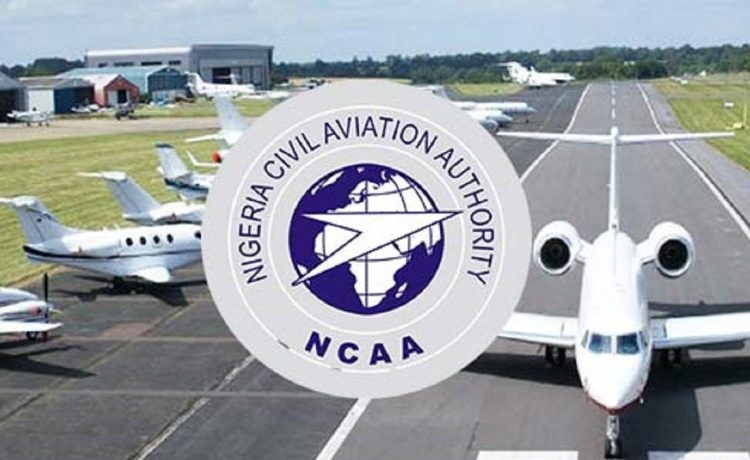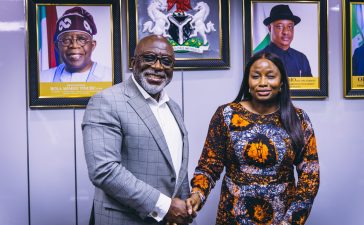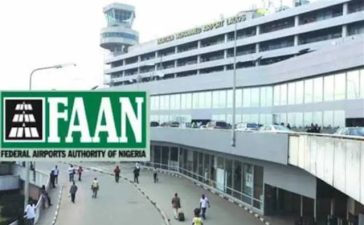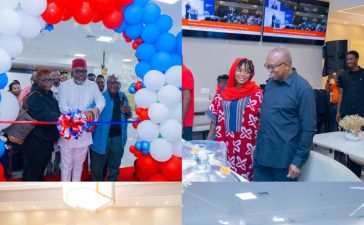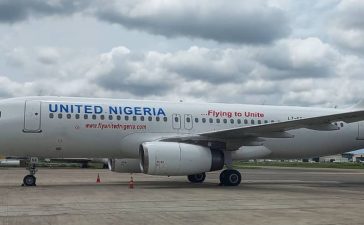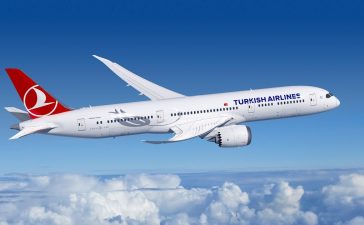The Nigerian Civil Aviation Authority (NCAA) has strongly refuted allegations made by Senator Orji Uzor Kalu regarding supposed lapses in pilot preparation and substance use among flight crew, describing the claims as inaccurate, baseless, and damaging to Nigeria’s aviation reputation.
In a statement issued by Capt. Chris Najomo, the Director-General of the NCAA, the Authority reaffirmed its commitment to maintaining a rigorous, internationally recognized system for certifying and monitoring the medical and professional fitness of all Nigerian pilots.
“The NCAA wishes to clarify that no pilot is permitted to operate a Nigerian-registered aircraft without holding both a valid pilot licence and a current medical certificate, as required by the Nigeria Civil Aviation Regulations (Nig. CARs) Part 8.4.1.4,” the statement read.
According to Najomo, all holders of Commercial Pilot Licences (CPL) and Airline Transport Pilot Licences (ATPL) must possess a Class 1 Medical Certificate, issued only after comprehensive aero-medical evaluations by NCAA Authorized Aviation Medical Examiners (AAMEs). These reports are then reviewed and approved by the Authority’s in-house aero-medical assessors.
“Any suggestion that pilots operate under the influence of substances or without adequate checks is inaccurate,” Najomo said.
“The processes in place are thorough and consistent with global standards prescribed by the International Civil Aviation Organization (ICAO).”
The NCAA also addressed misconceptions about aircraft automation, clarifying that modern autopilot and autoland systems do not replace pilot control.
“Take-offs are entirely manual operations performed by the flight crew,” the statement explained. “Autopilot is only engaged after take-off when the aircraft reaches a safe altitude.”
Reaffirming its commitment to aviation safety, the NCAA noted that it conducts continuous inspections, random substance testing, enforcement actions, and strict adherence to ICAO standards.
“The NCAA remains proud of its safety oversight record and the professionalism of Nigerian flight crew,” Najomo concluded.
As discussions continue about the integrity and reputation of Nigeria’s aviation industry, the NCAA maintains that the nation’s skies remain safe, well-regulated, and in full compliance with international best practices.

